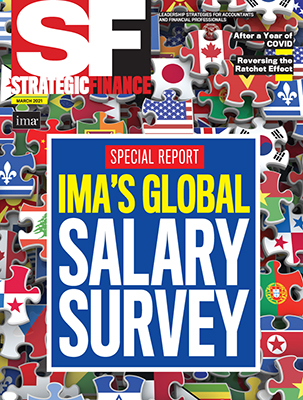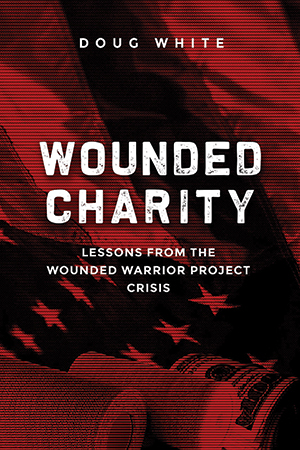Further, the U.S. Senate Committee on the Judiciary found that WWP “inaccurately” reported the money it spent on veterans’ charity programs, used “inflated” figures, and ran “misleading” advertisements.
Doug White, in his book Wounded Charity: Lessons from the Wounded Warrior Project Crisis, argues that the truth of the scandal is more complicated and illustrates the importance of accounting to an entity’s reputation and continued success. It’s impossible to overstate the importance of ethics. That’s why this is a must-read book for all accountants and finance professionals. One of the author’s main points is the critical role management accountants play in the not-for-profit world.
White clearly notes how management (cost) accounting, specifically the allocation of general, administrative, fundraising, and program costs, impacts the relationship that a charity and its senior executives have with the media, their board, regulators, employees, volunteers, donors, and ultimately the people whom the organization serves.
White’s keen research into WWP is brought to life in a quick-paced yet thorough case study evaluating actual events, media reports, and testimony, leaving the reader wiser. Management accountants will want to sharpen their pencils and refresh their spreadsheets.
Finance managers will also be impressed by how White juxtaposes external financial reporting with internal managerial reporting. This subtle, incisive argument underscores that an entity doesn’t have one audience to communicate with but rather various constituencies and stakeholders, some of whom have conflicting and possibly even subversive goals. It can be disastrous to communicate external financial reports without also demonstrating how costs are properly allocated and contribute to performance measures and outcomes.
One can’t say for sure that what happened to WWP could’ve been prevented had management accountants played a more prominent role in communicating with the board and dealing with the media, but it does raise the question: Could the scandal’s fallout and damage have been mitigated?
White’s book should sit on every accountant’s shelf as a reminder that ethical conduct is paramount and that our debits and credits do, in fact, make a difference in people’s lives.

March 2021




